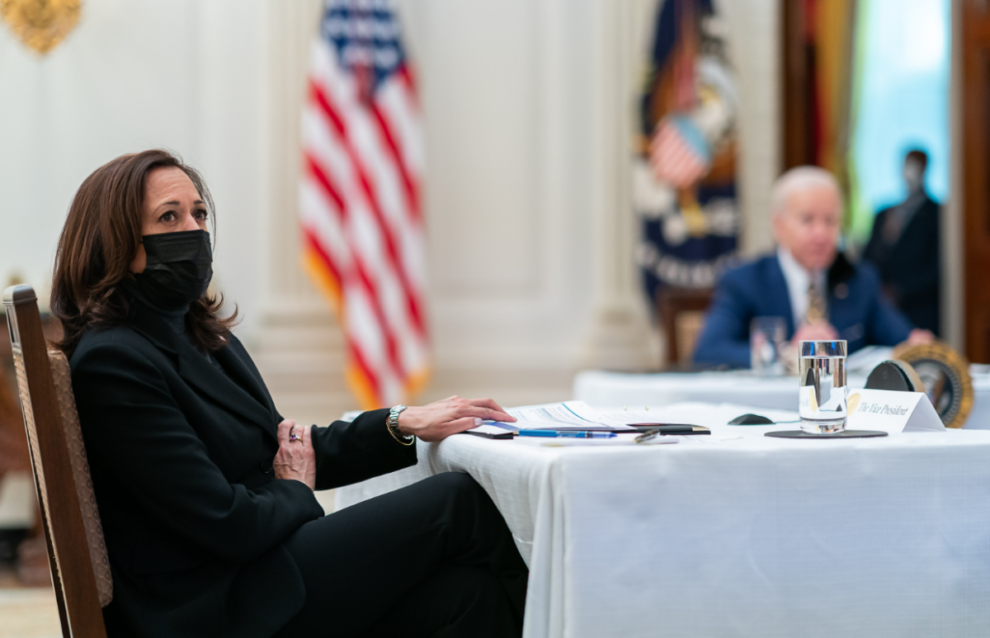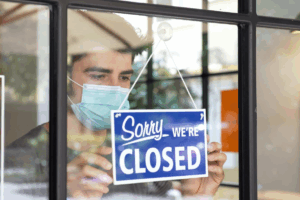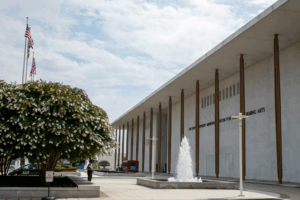With just a few short months to campaign, Vice President Kamala Harris, now the presumptive Democratic nominee for president, will have to decide whether to stake out her own path and break with President Biden on economic policy, among the top issues on voters’ minds, or vigorously defend what’s been called “Bidenomics.”
Harris will likely also be hampered by persistent inflation, which is affecting prices for consumers on everything from auto insurance to hotel rooms, transportation, and prescription drugs. Analyses conducted indicate this is a serious weakness for Harris heading into the fall election season. Inflation reached record levels during the Biden administration.
The most important official act as Vice President was Harris’s tie breaking vote on the Inflation Reduction Act, which Heritage Foundation’s Preston Brashers argues has not driven inflation down, pointing to “budget, inflation, and interest rate numbers in 2023” that “have been worse than expected.”
Looking back to her failed 2020 campaign for president, Harris proposed increasing taxes on American businesses to 35%. According to the Tax Policy Center, raising taxes will discourage businesses from hiring and investing more.
As a candidate, Harris offered a student loan debt forgiveness plan that would forgive up to $20,000 in specific types of loans if borrowers started a business, operating in a “disadvantaged community.” As Vice President, Harris supported Biden’s efforts to cancel up to $10,000 in borrowers’ student loan debts. This plan was eventually struck down by the Supreme Court. Some argue that student loan forgiveness ultimately impacts the wallets of the general public.
Reports indicate Harris’ economic policies may be “more progressive” than Biden’s, including in housing policy. While the Biden administration offered a plan to cap rent increases nationally at 5%, Harris also proposed spending $100 billion in federal funds to help people who have “been unable to get home loans.”
Some believe that what little there is of Harris’ standalone record on economic matters, puts her “substantially to the left of Biden”, noting she voted against the Tax Cuts and Jobs Act, the USMCA trade pact between the United States, Mexico, and Canada, and that a nonpartisan group ranked her as the most liberal senator before the group retroactively changed their rankings. Harris now no longer ranks as the most liberal after the changes.
Harris will have just over 100 days to either offer voters her own vision of the American economy and spending or urge voters to stay the course with “Bidenomics.”











